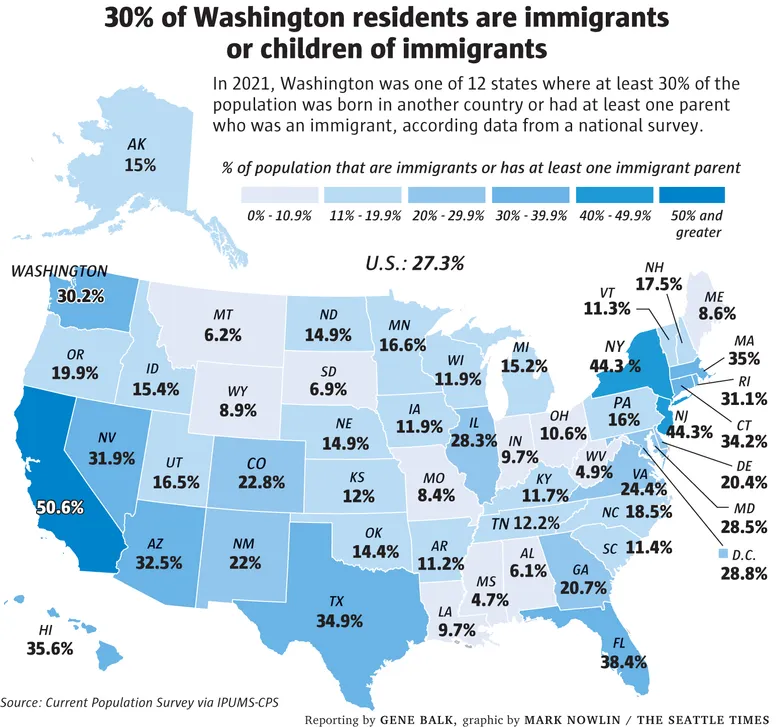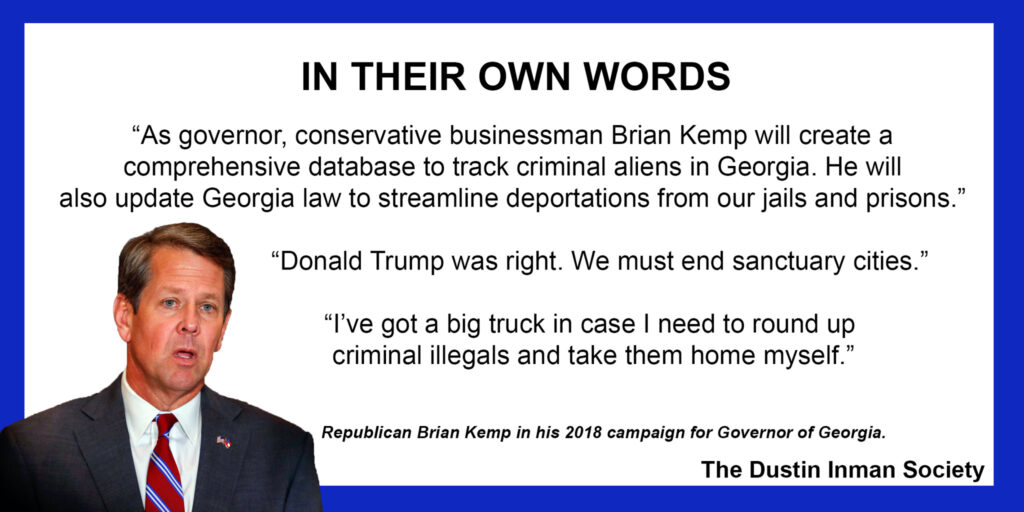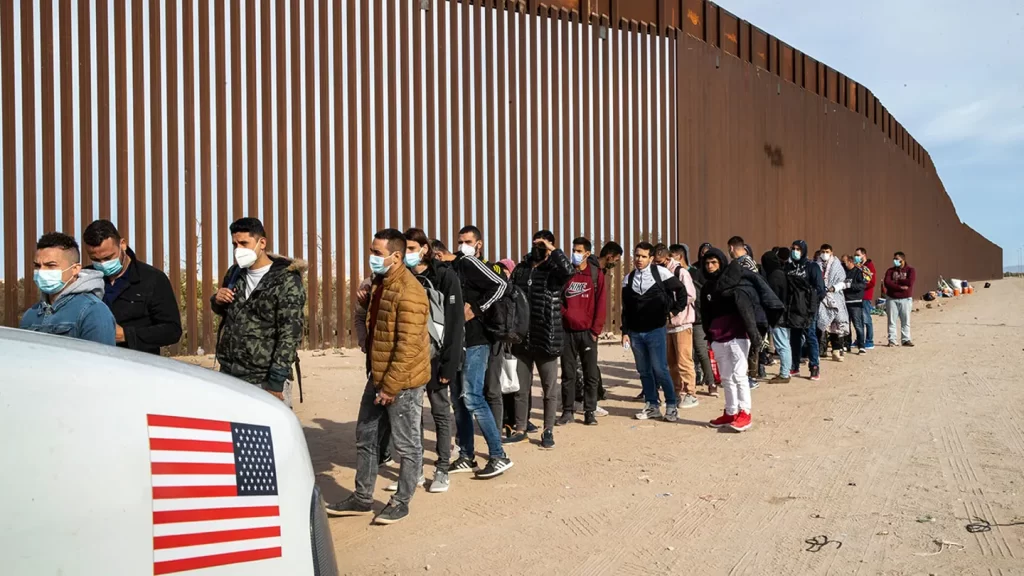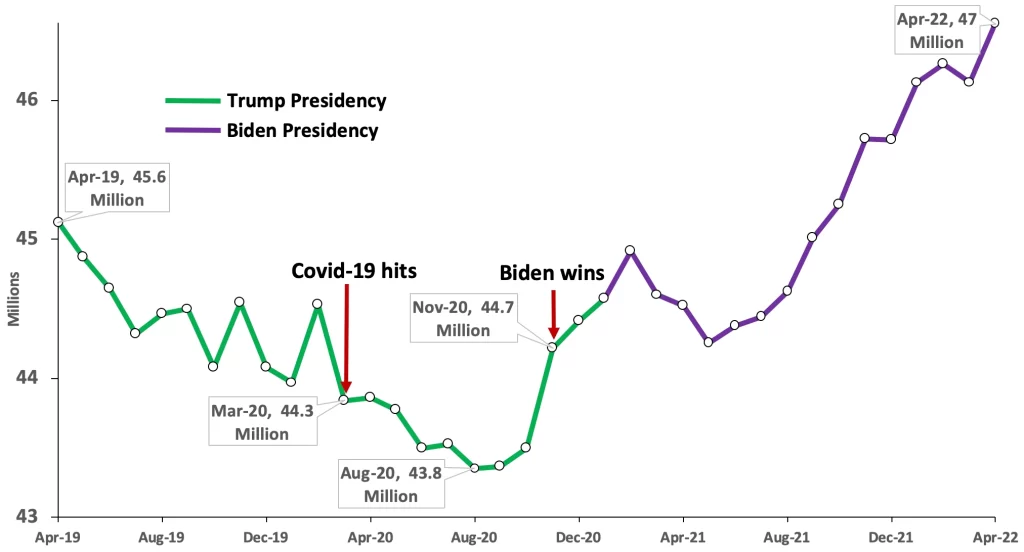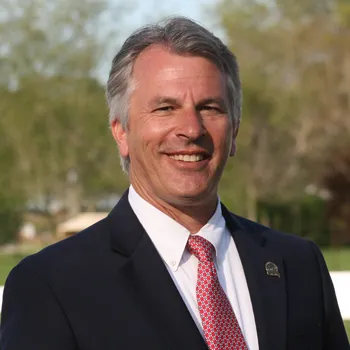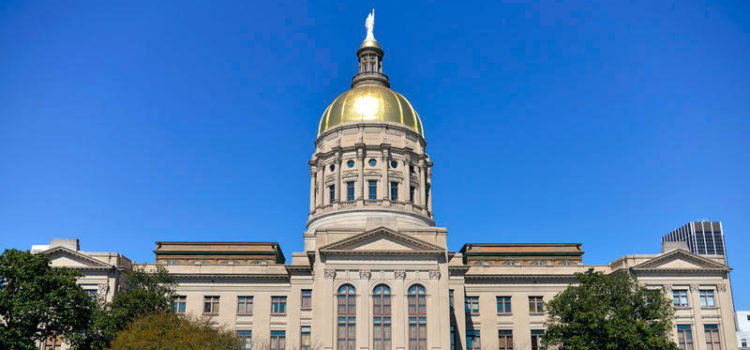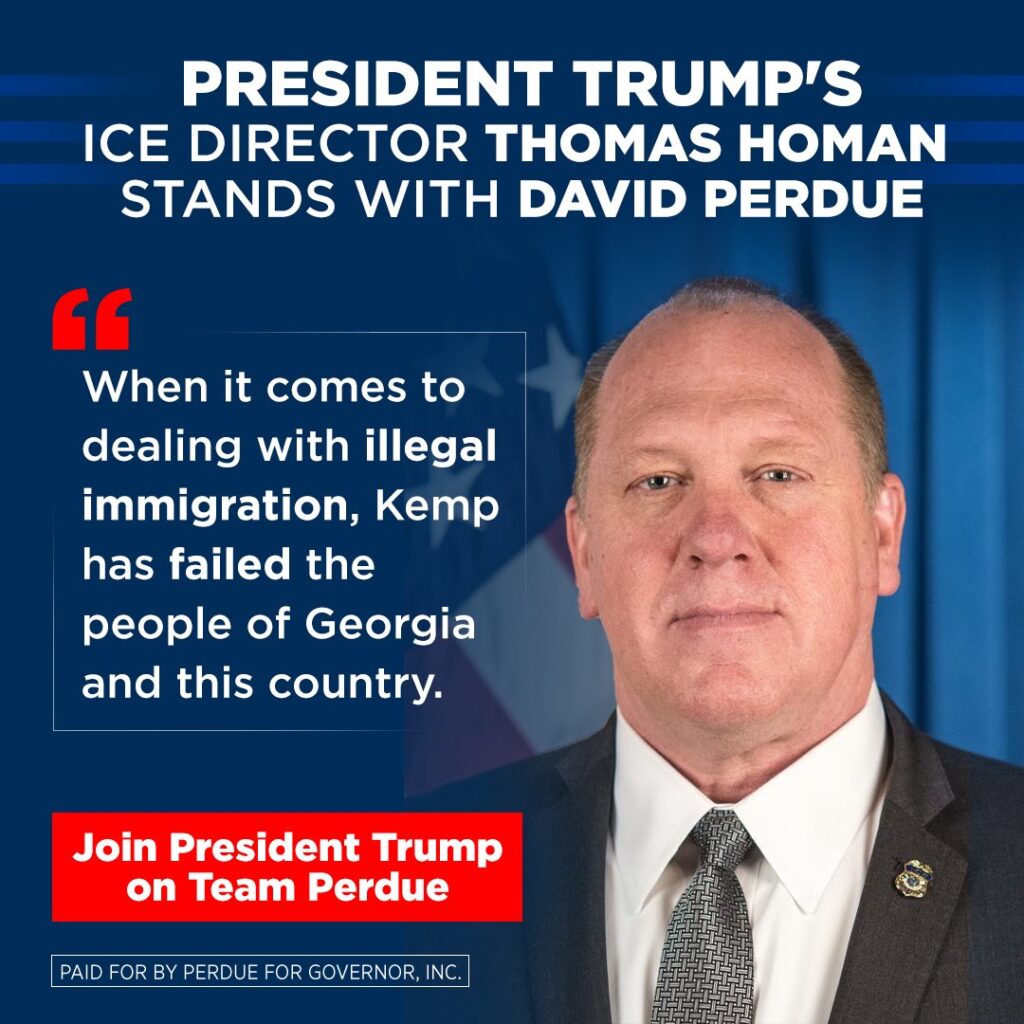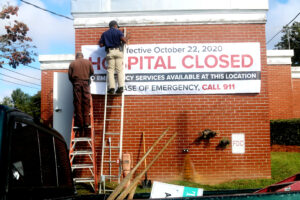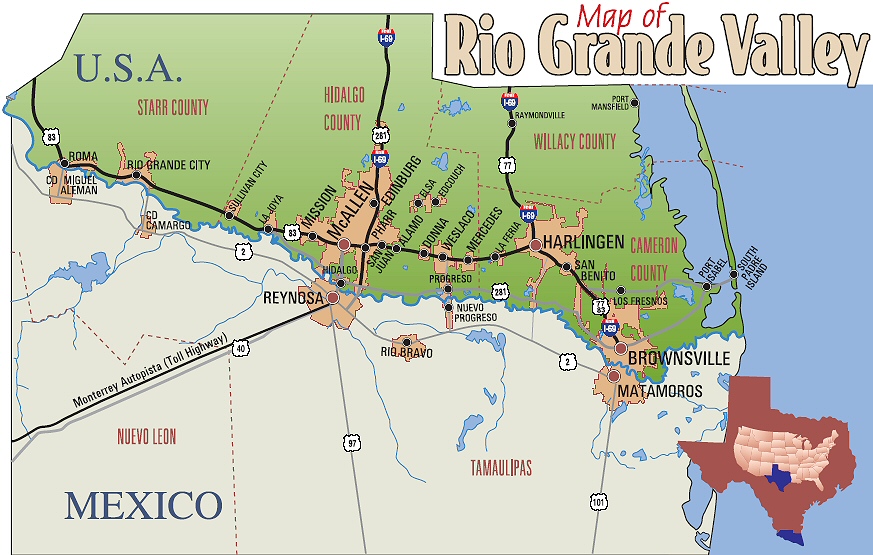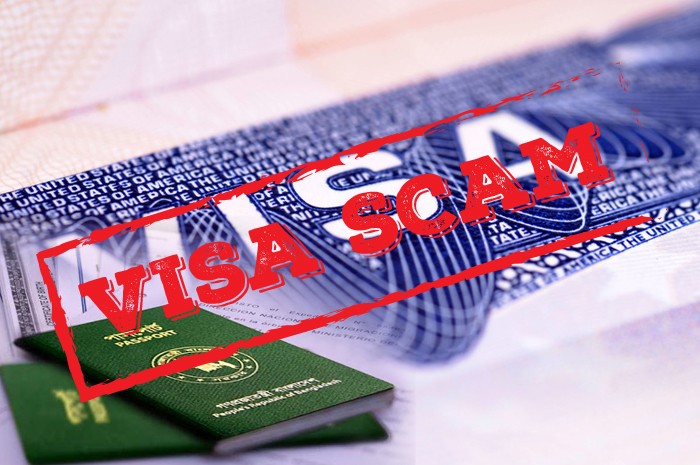From: “D.A. King” <Dking***>
On Apr 14, 2022, at 3:07 PM, D.A. King <Dking1952@comcast.net> wrote:
We have spent significant time in a respectful and friendly manner pointing out and explaining the below. Each time I have been told it is “news to us” and will be remedied.Which of these is not like the other? The laws are not suggestions.D.A. King404-E-Verify:Georgia E-Verify law for private employers: OCGA 36-60-6 requires use of a specific affidavit prescribed by the Attorney General’s office.
“(f) In order to assist private businesses and counties and municipal corporations in complying with the provisions of this Code section, the Attorney General shall provide a standardized form affidavit which shall be used as acceptable evidence demonstrating use of the federal employment eligibility verification system or that the provisions of subsection (b) of this Code section do not apply to the applicant. The form affidavit shall be posted by the Attorney General on the Department of Law’s official website no later than January 1, 2012.”Here is the affidavit required by state law.Note: There is a different affidavit (actually, two affidavits, apparently one for fewer than ten employees and another for more than ten employees) used for new applications and has a date of “January 1, 2020″ in the top paragraph on number of workers. I am informed that the business license is renewed annually.__Public benefits:Georgia public benefits law OCGA 50-36-1 “VERIFICATION OF LAWFUL PRESENCE” (originally passed into law 2006, SB529) requires that applicants for public benefits (including occupational tax certificates/business licenses) complete an affidavit attesting to eligibility due to U.S. citizenship, “green card” status or qualified alien or nonimmigrant under federal law. The required affidavit format for use is here.The Carroll County occupational tax certificate / business license webpage does not provide the SAVE affidavit for renewals or require it to be collected on the link with forms used with “Application to renew occupational tax.”The below process is supposed to apply to every time a benefit is administered (including new and renewals). As I have explained at length to several officials in Carrol County government, the renewal procedure for business licenses does not include the requirement applicant submit the affidavit of secure and verifiable documents described below. NOTE: As highlighted below there is an exclusion in the renewal process for U.S. citizens who have already proven that status in the same issuing office. That does not exclude foreign nationals from the process at renewal.(f)
(1) Except as provided in subsection (g) of this Code section, an agency or political subdivision providing or administering a public benefit shall require every applicant for such benefit to:
(A) Provide at least one secure and verifiable document, as defined in Code Section 50-36-2, or a copy or facsimile of such document. Any document required by this subparagraph may be submitted by or on behalf of the applicant at any time within nine months prior to the date of application so long as the document remains valid through the licensing or approval period or such other period for which the applicant is applying to receive a public benefit; and(B) Execute a signed and sworn affidavit verifying the applicant’s lawful presence in the United States under federal immigration law; provided, however, that if the applicant is younger than 18 years of age at the time of the application, he or she shall execute the affidavit required by this subparagraph within 30 days after his or her eighteenth birthday. Such affidavit shall affirm that:
(i) The applicant is a United States citizen or legal permanent resident 18 years of age or older; or(ii) The applicant is a qualified alien or nonimmigrant under the federal Immigration and Nationality Act, Title 8 U.S.C., 18 years of age or older lawfully present in the United States and provide the applicant’s alien number issued by the Department of Homeland Security or other federal immigration agency.(2) The state auditor shall create affidavits for use under this subsection and shall keep a current version of such affidavits on the Department of Audits and Accounts’ official website.(3) Documents and copies of documents required by this subsection may be submitted in person, by mail, or electronically, provided the submission complies with Chapter 12 of Title 10. Copies of documents submitted in person, by mail, or electronically shall satisfy the requirements of this Code section. For purposes of this paragraph, electronic submission shall include a submission via facsimile, Internet, electronic texting, or any other electronically assisted transmitted method approved by the agency or political subdivision.(4) The requirements of this subsection shall not apply to any applicant applying for or renewing an application for a public benefit within the same agency or political subdivision if the applicant has previously complied with the requirements of this subsection by submission of a secure and verifiable document, as defined in Code Section 50-36-2, and a signed and sworn affidavit affirming that such applicant is a United States citizen._______-NOTE for all concerned:(q) No employer, agency, or political subdivision shall be subject to lawsuit or liability arising from any act to comply with the requirements of this chapter; provided, however, that the intentional and knowing failure of any agency head to abide by the provisions of this chapter shall:(1) Be a violation of the code of ethics for government service established in Code Section 45-10-1 and subject such agency head to the penalties provided for in Code Section 45-10-28, including removal from office and a fine not to exceed $10,000.00; and(2) Be a high and aggravated misdemeanor offense where such agency head acts to willfully violate the provisions of this Code section or acts so as to intentionally and deliberately interfere with the implementation of the requirements of this Code section.The Attorney General shall have the authority to conduct a criminal and civil investigation of an alleged violation of this chapter by an agency or agency head and to bring a prosecution or civil action against an agency or agency head for all cases of violations under this chapter. In the event that an order is entered against an employer, the state shall be awarded attorney’s fees and expenses of litigation incurred in bringing such an action and investigating such violation.


